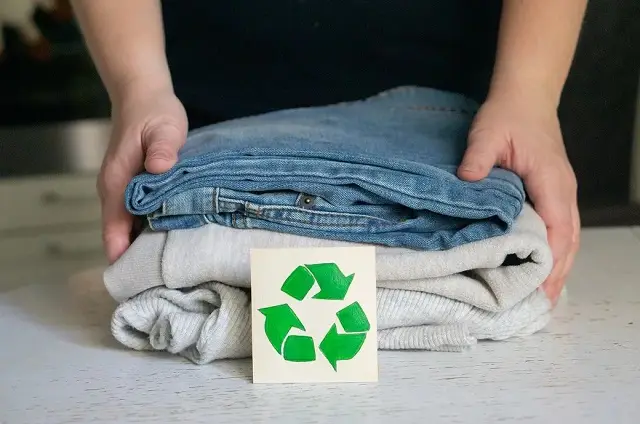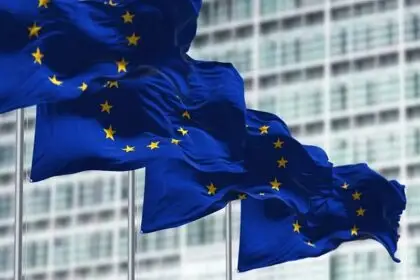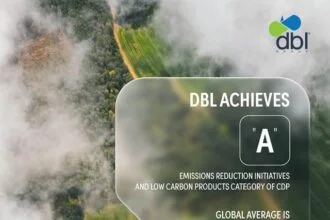Reconomy, a global leader in circular economy solutions, has unveiled a comprehensive strategic paper titled ‘Textile EPR Strategy 2030’, offering a forward-looking roadmap to help textile businesses navigate the rapidly evolving landscape of Extended Producer Responsibility (EPR). The strategy outlines a five-year action plan that anticipates policy developments across the European Union and other major global markets, while offering brands and producers practical guidance to prepare for compliance, innovate sustainably, and stay competitive.
With EPR becoming a key legislative force across Europe, especially under the European Union’s Green Deal and Waste Framework Directive, producers are being held accountable for the entire lifecycle of textile products—including collection, reuse, recycling, and end-of-life disposal. Rather than viewing this transition as a compliance burden, Reconomy’s paper positions it as a catalyst for innovation, transparency, and long-term value creation.
One of the central arguments of the strategy is that businesses willing to align regulatory demands with strategic sustainability goals will emerge as leaders in a more circular, resilient economy. The document emphasizes that brands must start preparing during the current “pre-EPR phase” by assessing their operational readiness, forming partnerships with sorters and recyclers, and investing in infrastructure to manage data and material flows efficiently.
Key focus areas include eco-modulation, which adjusts producer fees based on product sustainability; Digital Product Passports (DPPs), which enable transparent tracking of product lifecycles; and data-driven decision making to support regulatory reporting and sustainable design. Reconomy also introduced a new service—the Textile EPR Impact Assessment—to help clients evaluate their upcoming obligations and begin proactive preparations.
As more jurisdictions globally adopt EPR, the roadmap also addresses the complexities of multi-jurisdictional compliance, particularly in regions such as North America, where policy frameworks are emerging or diversifying. Reconomy’s strategy positions itself as a holistic solution provider—backed by its experience managing over 40 Producer Responsibility Organisations (PROs) across packaging, electronics, batteries, and textiles.
By integrating compliance services with innovation consulting, Reconomy’s Textile EPR Strategy 2030 ultimately supports fashion and textile stakeholders in transforming EPR into a lever for sustainability, traceability, and circular growth.











